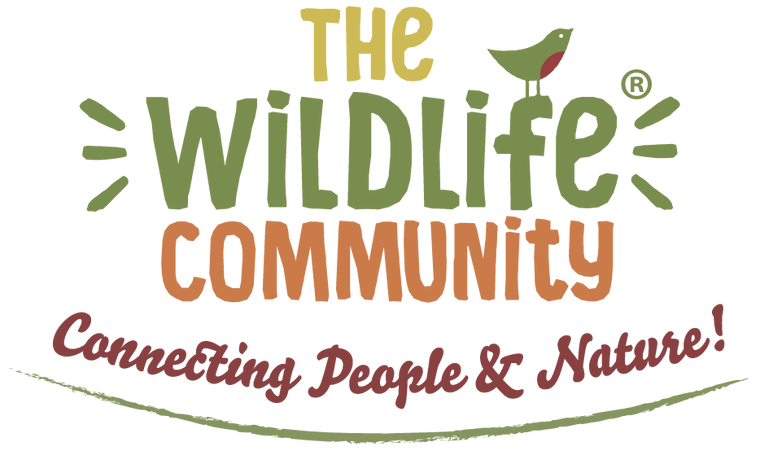
World Wildlife Conservation Day
What a week for Conservation! We’re still out in the mud planting our trees for National Tree Week (28th November – 6th December). Then along comes World Wildlife Conservation Day in the same week.
What is World Conservation Day?
Today, December 4th, is World Wildlife Conservation Day. A day dedicated to raising awareness and engaging people in the urgent need for conservation on a global level. Originally created by Hilary Clinton, the then Secretary of State, publicised as a ‘call to action’ by the U.S government. The goal being to tackle the issues relating to animal trafficking around the world and conservation.
Her message, first delivered in 2012, rings as true now as it did then. With regards to wildlife she gave the statement; “Once it’s gone, it can’t be replenished. Those who profit from it illegally are not just undermining our borders and our economies; they are stealing from the next generation.”
World Wildlife Conservation Day, established in 2012, is a dedicated day to fight the illegal wildlife trade. As a result, the main drive has been to eliminate the illegal trafficking and poaching trade of ivory, rhino horn and shark fins. To name just a few.
Fortunately, the World Wildlife Foundation (WWF) supported the establishment of the World Wildlife Conservation Day right from the beginning! They pledged to ‘raise awareness and engage conversations’ not just in the US, but around the world.

Why we need Wildlife Conservation
Unfortunately, we live in a world where the best loved, most beautiful and fascinating species are being slaughtered. This butchery is often carried out by widespread and dangerous criminal organisations. Who will not let anything get in the way of them getting what they want! In the name of profit, above all else. The animal parts and products they trade in, for some ludicrous reason, are worth a fortune. Regrettably, where there’s demand, there will be supply.
The problem of demand must be addressed and can be seen as the underlying reason why illegal wildlife trade continues. To stop these items being traded it's crucial to find solutions to eliminating this demand. In addition to the ongoing protection of wild species in their natural habitat.
This protection comes in many forms, one of which is eliminating the threat of poaching. So, as a key threat to many larger species of wildlife around the world, poaching must be stopped. And it’s not just the animals that are suffering. Park rangers, tasked with protecting endangered animals, get killed by poachers on a regular basis. Poaching is having a devastating impact and at current rates, as a result, some elephant and rhino populations could be extinct in the wild within the next 5 years!
Illegal wildlife trade effects many wild species around the world. Some of these will be familiar; elephants, rhinos, big cat species, pandas and sharks. In addition, other species such as gorillas, pangolins, orangutan and many other animals suffer from the loss of habitat through wholesale destruction of their environments. Often for agricultural or commercial reasons.

What you can do to help
The best way to help is to raise awareness and contribute to the conservation and protection of all species. Not just endangered elephants, rhinos and tigers, but all species of wild animal. Even the ones in your back garden!
Education is a key action for everyone this World Wildlife Conservation Day. Learn as much as you can around the subject of animal conservation. Research all the ways you can further your knowledge on the subject with the resources available to you. A great place to start is the World Wildlife Foundation website. They have a huge range of helpful articles and insightful stories on the topic. You can also take direct action by making a charitable donation or becoming a member of the World Wildlife Foundation.
Part of that education might focus on becoming a more responsible consumer. Ensure that the products you buy don’t contain any items gained through illicit wildlife trade. In addition, make sure you buy items that don’t destroy environments elsewhere. Our whole philosophy here at Wildlife World is to provide suitable, sustainable wildlife products to guarantee just that. We use FSC timbers and/or recycled second-life plastic in manufacturing our products. Giving our customers the peace of mind that they’re not contributing to the problem.
Therefore, you can start making a difference right away this World Wildlife Conservation Day by purchasing one of our wildlife habitats for your garden!


